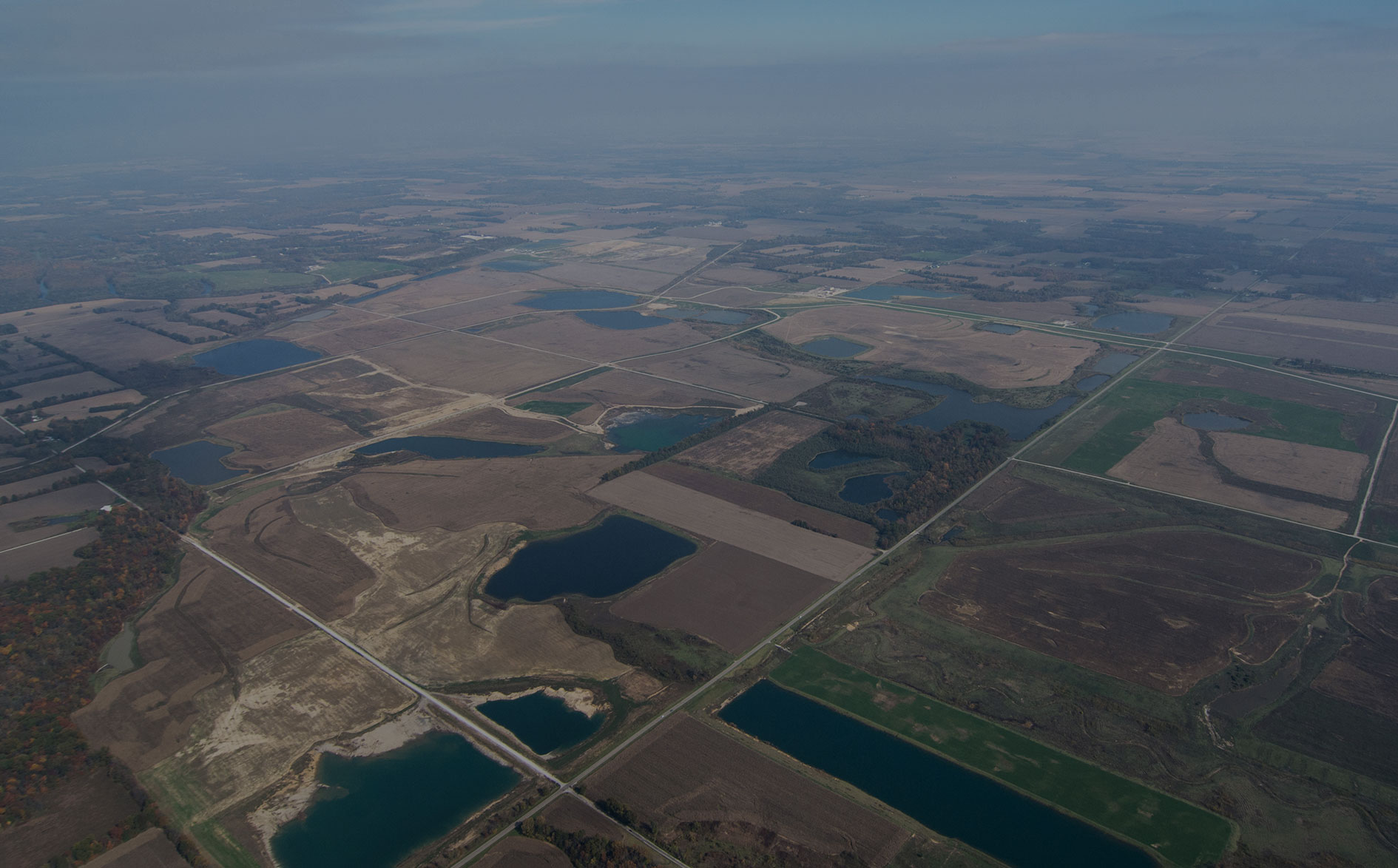
Everything You’re Looking For Is Here
West Central Indiana is an excellent business location that provides a variety of lifestyle options and competitive business advantages.
Explore Our Key Industries

Advanced Manufacturing
Advanced Manufacturing plays a critical role in the economic prosperity of the region. As the region’s largest sector of workforce, it employs more than 15,000 people. With Indiana’s strong legacy in automotive manufacturing, a deep pre-existing network and supply chain, and attractive benefits for employees including financial incentives, the future of advanced manufacturing has never looked more promising for today’s companies.

Healthcare
West Central Indiana is home to major hospitals providing care in virtually every major specialty,
including emergency/trauma, respiratory, pediatrics, orthopedics/rehabilitation, cancer, neurology and cardiology. High demand for healthcare services has resulted in the expansion and construction of several new facilities throughout the region.

Agriculture
Innovations in agriculture, pharma and life sciences provide a great opportunity for companies to change and lead the industry. West Central Indiana has the right conditions to support the development of meaningful, valuable ag+bio+science solutions.

Business Services
Our well-educated workforce and diverse employment base make West Central Indiana primed for business and industry growth.

Education Leads The Way
West Central Indiana’s economic success is driven by world-class education and training institutions that include Rose-Hulman Institute of Technology, DePauw University, Indiana State University, Saint Mary-of-the-Woods College and Ivy Tech Community College.








A Talented Workforce
Access a skilled, capable, highly productive workforce with experience in building and operating facilities of the highest magnitude and complexity—from power plants and steel mills to advanced manufacturing and major distribution facilities.

A Variety Of Available Sites
Large industrial sites are available in the region’s two mega parks and in a variety of smaller industrial parks. Explore Sites
Home To Recognized Businesses
West Central Indiana is an excellent business location that provides a variety of lifestyle options and competitive business advantages.









Speed Up Your Business With Incentives & Tax Breaks
Indiana’s tax structure is competitive and intended to reward investments and business innovation.

Indiana Has The 9th Most Business-Friendly Tax Climate
The Indiana Corporate Income Tax Reduction is 6 percent. Indiana has no gross receipts tax and no inventory tax. Indiana’s personal income tax is 3.3 percent of federal adjusted gross income (with certain exemptions and deductions).
When a business relocates its corporate headquarters to Indiana, it is entitled to a credit against its state tax liability equal to half the costs incurred in relocating the headquarters. A company must have global annual revenue of at least $100 million to qualify.
Real and personal property tax is assessed at 100 percent of market value. Tax rates and exemptions vary among local jurisdictions. Homeowner property taxes are capped at 1 percent of a home’s assessed value, apartments and agriculture land are capped at 2 percent of assessed value and
business property taxes are capped at 3 percent of assessed value.
Indiana’s Sales and Use Tax is tax is calculated at a rate of 7 percent. In manufacturing, the following are exempt from the sales tax: raw materials, equipment, power, electricity and utilities. Wholesale sales, items used directly in production and sales made in interstate commerce are exempt. In addition, the purchase of research and development equipment is exempt.
Indiana uses a single-sales factor for apportioning corporate income tax. Indiana had determined its share of an interstate or international corporation’s taxable income by weighing the Indiana portion of a company’s property and the proportion of its employees in Indiana. The single-sales factor will calculate the Indiana portion based solely on the portion of a company’s sales in Indiana.
Indiana’s tax structure is competitive and intended to reward investments and business innovation. State and local government levels know the significance in providing the populace equitable services and strong transportation networks while upholding a fair and impartial tax structure.
According to the Tax Foundation‘s 2018 State Business Tax Climate Index, Indiana has the ninth most business friendly tax climate.
The Tax Foundation stated: Indiana saw consistent rate reductions through a series of responsible tax reform efforts between 2011 and 2016. Subsequent legislation established a further schedule of corporate income tax reductions through fiscal year 2022. For 2018, the corporate income tax rate declined from 6.25 to 6.0 percent. These changes, however, were not enough to improve Indiana’s already enviable ranking on the Index, where the Hoosier State and Utah are functionally tied for the best rankings among states which impose all the major taxes.
Indiana Economic Development for a Growing Economy (EDGE): This Tax Credit provides an incentive to businesses to support jobs creation, capital investment and to improve the standard of living for Indiana residents. The refundable corporate income tax credit is calculated as a percentage (not to exceed 100 percent) of the expected increased tax withholdings generated from new jobs creation. The credit certification is phased in annually for up to 10 years based upon the employment ramp-up outlined by the business.
Hoosier business Investment (HBI) Tax Credits: Provides incentive to businesses to support jobs creation, capital investment and to improve the standard of living for Indiana residents. The non-refundable corporate income tax credits are calculated as a percentage of the eligible capital investment to support the project. The credit may be certified annually, based on the phase-in of eligible capital investment, over a period of two full calendar years from the commencement of the project.
Research and Development Incentives: The state of Indiana offers two tax incentives targeted at encouraging investments in research and development. Taxpayers may receive a credit against their Indiana state income tax liability calculated as a percentage of qualified research expenses. In addition, taxpayers may be refunded sales tax paid on purchases of qualified research and development equipment. The Indiana Department of Revenue oversees these incentive programs. Select from the menu to learn about our Research Expense Credits and our Research and Development Sales Tax Exemption.
The potential value of incentive amount varies based upon the amount of the qualifying transaction. A taxpayer who qualifies for the exemption must claim the exemption in a manner prescribed by the Indiana Department of Revenue.
Hoosier Headquarters Relocation Tax Credit (HRTC): Provides a tax credit to corporations that relocate their headquarters to Indiana. The credit is assessed against the corporation’s state tax liability. The Headquarters Relocation Tax Credit is established by I.C. 6-3.1-30.
Industrial Development Grant Fund (IDGF): Provides assistance to municipalities and other eligible entities as defined under I.C. 5-28-25-1 with off-site infrastructure improvements needed to serve the proposed project site. Upon review and approval of the Local Recipient’s application, project specific Milestones are established for completing the improvements. IDGF will reimburse a portion of the actual total cost of the infrastructure improvements. The assistance will be paid as each Milestone is achieved, with final payment upon completion of the last Milestone of the infrastructure project.
Skills Enhancement Fund (SEF): Provides assistance to businesses to support training and upgrading skills of employees required to support new capital investment. The grant may be provided to reimburse a portion (typically 50%) of eligible training costs over a period of two full calendar years from the commencement of the project.
Industrial Recovery Tax Credit: Also known as the DINO tax credit for older buildings it benefits, provides an incentive for companies to invest in former industrial facilities requiring significant rehabilitation or remodeling expenses. The credit is established by Ind. Code 6-3.1-11.
Office of Regulatory Affairs: The Indiana Economic Development Corporation’s regulatory affairs division assists in the process of obtaining the permits and approvals necessary for a business operation. Members of the regulatory affairs staff serve as liaisons between companies, communities, local economic development organizations, and regulatory agencies.
West Central Indiana, in partnership with the State of Indiana, offer a variety of incentive programs for new and expanding businesses in our region. The scope of project incentives is based on number and type of new jobs created or retained in Indiana, and new capital investment made in the community.
Property Tax Abatement: Real property tax abatement is a declining percentage of the increase in assessed value of real property improvements based upon one of ten time periods and percentages. Land does not qualify for abatement. Depreciable personal property abatement is a declining percentage of the assessed value of newly-installed manufacturing equipment, based upon one of ten time periods and percentages. Used manufacturing equipment can also qualify for abatement as long as the equipment is new to the state of Indiana.
Tax Increment Financing Assistance (TIF): Tax increment is the property tax revenues collected on the increased assessed valuation of real or personal property in an area being developed or redevelopment. Tax increment may also include property tax revenues collected on the increased assessed valuation of depreciable personal property of any designated taxpayer in an area being developed or redeveloped and all other depreciable personal property located and taxable on the designated taxpayer’s site of operations in the area being developed or redeveloped.
Tax increment revenues may be used to pay the principal and interest on any bonds issued for the purpose of financing or refinancing the redevelopment or economic development of the allocation area; establish, augment or restore the debt service reserve for bonds; pay principal and interest on bonds issued by the unit to pay for local public improvements in or serving the allocation area; make payments on leases in the allocation area and provide funding for numerous other initiatives as defined by statute.
Tax-Exempt Bonds: Tax-exempt bonds provide capital financing at lower rates than most conventional financing sources. Interest rates and terms are negotiated. Bonds are issued through loan, lease, or sale agreements. The bonds can finance facilities for manufacturing and certain other projects. Volume cap is the amount of tax-exempt financing for certain types of private companies allowed in a state in a calendar year. A company must obtain an award of volume cap before it can have tax-exempt bonds issued for its project.
Duke-Energy Economic Development Rider 58: Duke Energy Indiana, believes in creating programs that will strengthen the communities they serve and promote long-term economic growth in Indiana. They have developed an incentive rider to enhance economic development through reductions in electric rates for industrial expansions and new business location. Click here to learn about this incentive.
Hoosier Energy Business Assistance: Hoosier Energy Economic Development provides a variety of services to those considering relocation or expansion in its service territory. Click here to learn about their services.
Wabash Valley Power: Wabash Valley Power provides Economic Development assistance services and incentives. Click here to learn more.
